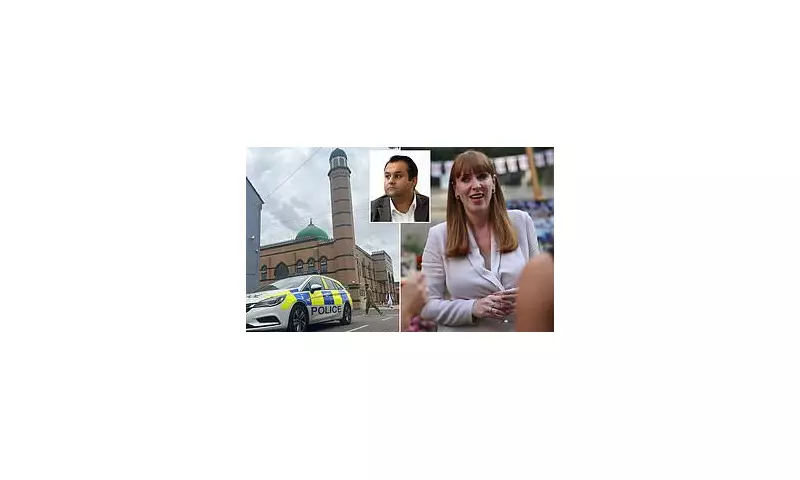
The Labour Party's push to formally adopt a new, contentious definition of Islamophobia is igniting a political firestorm, with senior figures and civil liberties groups warning it poses a severe threat to free speech and social cohesion.
Critics argue the proposed definition, crafted by the All-Party Parliamentary Group (APPG) on British Muslims, is so vaguely worded that it could effectively outlaw legitimate criticism of Islamic doctrine and practices. The definition classifies Islamophobia as "a type of racism that targets expressions of Muslimness or perceived Muslimness."
A Charter for Censorship and Social Division
Opponents, including prominent Muslim commentators and community leaders, have slammed the proposal as deeply flawed. They contend it would create a de facto blasphemy law, shutting down vital discussions on issues within Muslim communities and privileging one religious group above all others in society.
This special status, they warn, would be inherently divisive, fostering resentment and potentially igniting social unrest by pitting different community groups against each other. The definition's imprecise language is seen as a weapon to silence academics, journalists, and even ex-Muslims from speaking freely.
Internal Labour Rifts and Policy Confusion
The controversy has exposed significant rifts within the Labour Party itself. While leader Sir Keir Starmer has previously pledged to adopt the definition, the article reveals a notable absence of the policy from the party's most recent campaign materials, suggesting internal hesitation.
This ambiguity has led to accusations of a "pick and mix" approach to policy-making, undermining public trust. The party's failure to clearly communicate its stance has created a vacuum filled with concern and speculation.
The Free Speech Fightback
A powerful coalition of journalists, authors, and activists is mobilising against the definition. They point to existing robust hate crime laws as sufficient protection and argue that the APPG's definition is unnecessary and dangerous.
Their central fear is that it will have a profound chilling effect on British society. Open debate on matters of faith, integration, and extremism could be severely hampered, ultimately harming the very communities it claims to protect by shutting down internal critique and reform.
The debate over Labour's proposed definition is far more than a political technicality; it is a fundamental battle over the principles of free expression and equal treatment under the law in modern Britain.





